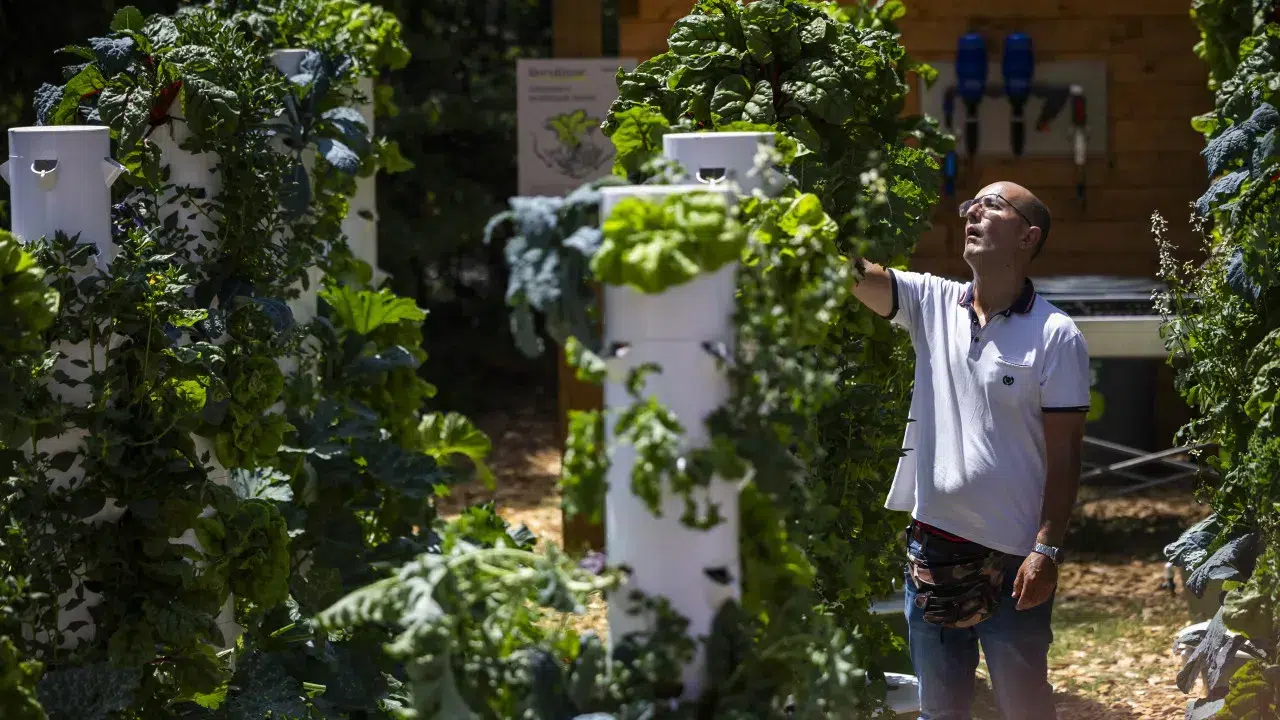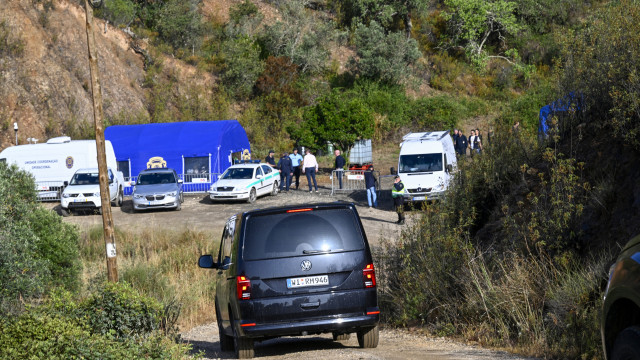
The pilot project ‘Recultivar: Sowing Mental Rehabilitation’ is driven by the dedication of the male ward patients at the regional forensic psychiatric service in the capital’s psychiatric hospital.
The service director, João Oliveira, explained that the program “relies heavily on contact with nature and its effect on mental health,” while also focusing on the reintegration of patients.
“Beyond working in the garden, they will receive specific skills training,” he noted, emphasizing the project’s aim to “give back to society.”
João Oliveira indicated that part of the produce will be distributed within the hospital’s premises.
“Some of it will also be sold, part of the production is to be distributed to society (…),” he highlighted.
The clinical director stated that the distribution of cultivated vegetables will be handled by the Food Bank, and some associations linked to Lisbon Health Park, such as the Rehabilitation and Integration Association Aide (ARRIA) and Casa do Gil, noting that “a small portion will also be sold to potentially fund the project in the future.”
After inaugurating a vertical garden in 2023 at Torres Novas Prison in Santarém, the non-governmental organization (NGO) Upfarming, known for creating sustainable agricultural solutions in urban environments, is now “piloting for the first time at the forensic unit of Hospital Júlio de Matos.”
“Here, we are working with the 44 patients of this forensic unit. The centerpiece of our initiative is the vertical garden, comprising 20 aeroponic towers. Moreover, we’ve rehabilitated 18 abandoned garden beds using permaculture and regenerative agriculture techniques,” said Upfarming co-founder Margarida Villas-Boas.
The organization has also established a composting center and plans to implement agroforestry components, including the planting of native species starting in September, she added.
The leader highlighted that, beyond practical work, certified training is provided to the patients through the Justice Protocol Center (CPJ) in social and personal skills and sustainable agriculture.
“Patients may leave here with certified training to become agricultural operators. Finally, in terms of production, some remains here, some is distributed to the families of the patients, and some is distributed through charitable institutes, like ARIA and Casa do Gil, already collaborating with the institution,” she emphasized.
Regarding participation, Margarida Villas-Boas expressed that the program at Hospital Júlio de Matos “is possibly the most rewarding,” affirming that since day one, “patients have shown immense enthusiasm.”
Edgar Alves, a patient at the unit, explained that he is responsible for watering the garden beds “morning and night,” mentioning they plant vegetables such as parsley, lettuce, Swiss chard, and zucchini.
Regarding vertical farming, Edgar Alves noted that the irrigation system is automatic.
“There’s no need to water because it’s automatic. [The irrigation system] activates every 10 minutes and then pauses,” he stated, recalling he has more colleagues working in the garden.
“I feel useful to society and enjoy seeing things blossom and my work progressing,” he maintained.
Also pleased with his contribution, Edgar Pargana — another patient — highlighted the maintenance work done in the garden and that he dedicates six hours daily to the project.
“In the course I work six hours a day, but then I’m always checking the plants. I’m here overseeing everything. I check if the plants have fungi. I’ve already been authorized to treat the fungi,” he expressed.




